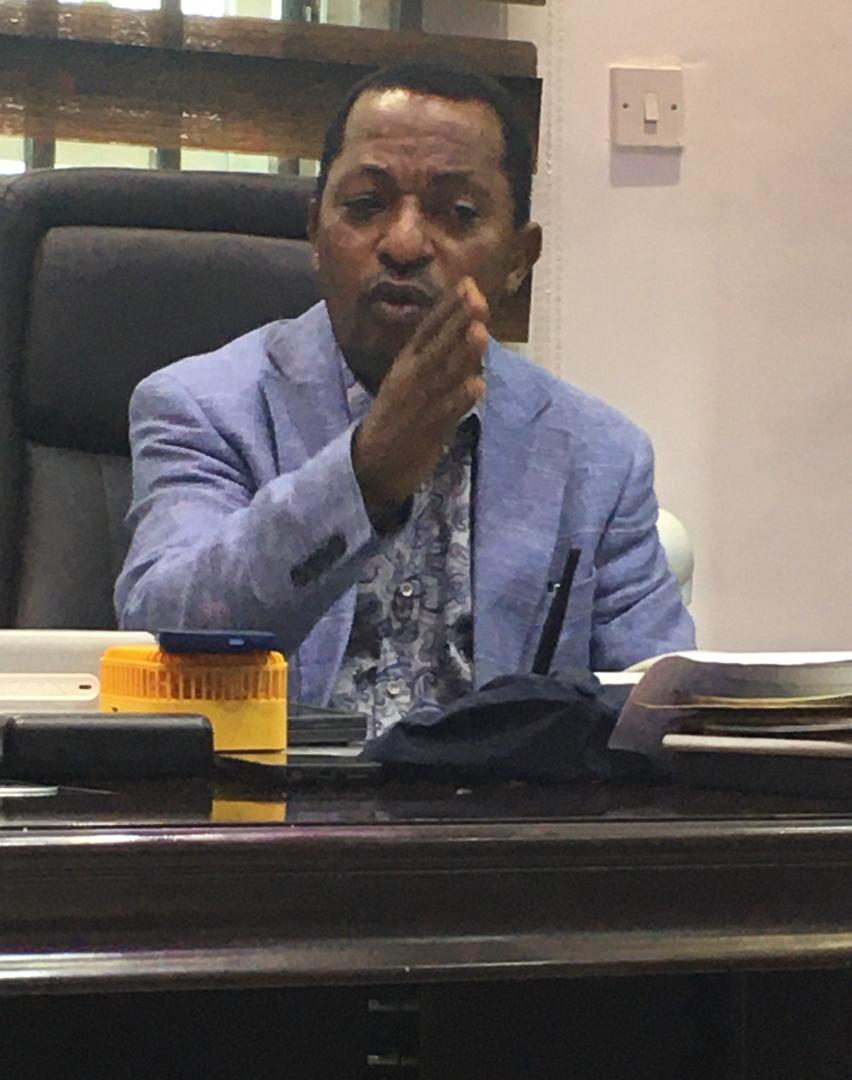Transportation and logistics expert, Segun Musa, has decried the poor coordination of African Continental Free Trade Area (AfCFTA) in Nigeria, accusing the AfCFTA Coordination Committee of failing to demonstrate the seriousness needed to maximize the benefits of multibillion-dollar trade regime.
The World Bank predicts that AfCTA can hit over $450 billion volume of trade, with potential to lift African countries out of poverty in the next one decade.
However, in a recent interview, Musa described the Nigeria AfCTA coordination committee’s approach as overly theoretical and ineffective, citing their preference for “talk shows” over practical solutions.
Musa, who is Vice President, Air and Logistics of the National Association of Government Approved Freight Forwarders (NAGAFF), expressed frustration with the committee charged with facilitating Nigeria’s participation in the free trade agreement, stating that they have made little progress beyond paper presentations and abstract discussions. “They are not doing anything. Most of their engagements have been reduced to talk shows where they deliver speeches. We are not in an era of delivering papers; we need dialogue, practical strategies, and action plans,” he said.
He condemned the AfCFTA committee failure to attend critical meetings, saying the behaviour further highlighted the committee’s lack of commitment.
“During our last meeting, the body responsible for AfCFTA facilitation did not show up. This demonstrates their unseriousness. If the government truly intends to improve the economy, they need to ensure such committees focus on tangible outcomes rather than endless discussions,” Musa remarked.
He also expressed disappointment with the virtual meetings organized by the committee, which he claimed lacked depth and actionable resolutions. “I’ve participated in their discussions, and everything revolves around theory. There’s no practical engagement, and this has hindered progress. To date, I’ve not seen any real effort from them,” Musa added.
Musa emphasized the importance of practical engagement, urging the AfCFTA coordination body to involve stakeholders in meaningful discussions aimed at achieving results. “If they are serious, they should engage those of us ready for practical dialogue and focus on how to build Nigeria’s capacity to participate in the continental trade. Their avoidance of public discussions only confirms their lack of direction,” Musa said.
Highlighting the potential benefits of AfCFTA, Musa argued that Nigeria’s failure to prepare adequately is a missed opportunity. He called on the government to take the agreement seriously by addressing key challenges such as local production capacity, standardization, and export readiness. “AfCFTA is a huge opportunity, but without a solid plan and active stakeholder involvement, Nigeria will continue to lag behind,” Musa concluded.
The African Continental Free Trade Area, aimed at fostering intra-African trade and economic integration, requires strong national coordination for effective implementation. However, Musa’s comments suggest that Nigeria’s coordination framework may be inadequate, raising concerns about the country’s ability to compete in the continental market.


